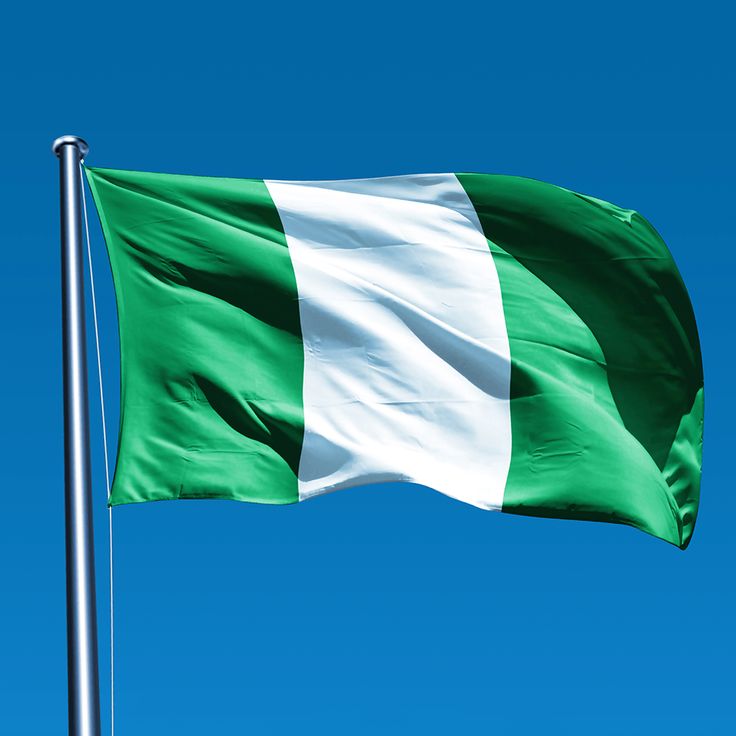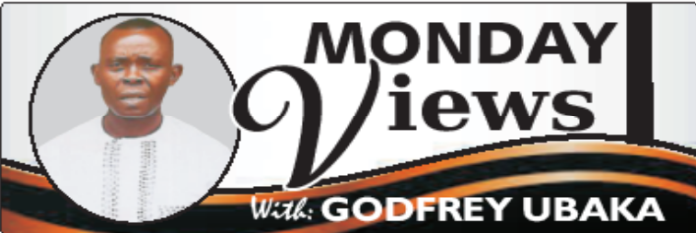At the centre of Nigeria’s economic dilemma of strains, intensified struggles and entrenched culture of endemic corruption is the payment of subsidy on premium motor spirit, PMS otherwise known as petrol.

The protests generated debates that produced stunning revelations to the effect that highly placed individuals in Tinubu’s administration own and operate a petrochemical refinery in Malta Island in Southern Europe which is fed with Nigeria’s crude and sold back to Nigeria at an exploitative rate that is designed to keep Nigerians in perpetual economic bondage. That was on its own, instructive as it helped to expose the primary reason why the four national refineries and the private sector initiative of Aliko Dangote are being frustrated by a powerful cabal that determines who gets what in the system. Following the Malta revelation, ex-president Olusegun Obasanjo has pointed out the tragic paradox of Nigerian politics and public administration to the effect that a number of people who parade their influence in the corridors of power and authority in Nigeria in an ideal setting and circumstance ought to be behind bars answering for their offenses against the Nigerian State, quite a disquieting irony. It was also instructive noticing that some sections of the South Eastern region did not seriously reckon with the protest. To them, it was a Nigerian project and let’s not forget that over and over again, the people of that region have asked to be excused from Nigeria’s geo- political affairs. What played out was far from being an endorsement of the actions and policies of the Tinubu administration. It rather was a mockery of the dysfunctional state of Nigeria’s pseudo federalism. It was also instructive following with efforts of the Federal Government to abort or neutralize the protest. That again smacks of our manipulative kind of democracy in the overwhelming face of emerging peoples power. Imagine that the government of the day had to put together a pro government rally where participants were clad in branded T shirts and faze caps.This group of protesters were led in Abuja by the Minister of State for Police Affairs, Hajia Iman Sulaiman. For each day of the pro government protests, participants, drawn largely from the nation’s teeming army of the unemployed were mobilized to the protest ground with N5,000,each, another proof of how financial desperation influences political actions.Those protesting the unprecedented pangs of hunger in the land were displaying their empty pots and plates. On whichever side of the divide one protested, one truth stands out rather clearly and that is that Nigerian citizens in the month of August did exercise their democratic and constitutional rights to assemble and express their positions and perspectives to the government and the global community to hear. It will be a historic error for the government of the day not to recognise the changing narrative and paradigm shift in Nigeria’s social political configuration and confabulation.
The time for government to meaningfully engage the citizens on issues raised during the protest is now. We owe it a duty to avert the storm ahead. It remains historically instructive that barely one week after the designated ten-day protest also known as ten days of expression of rage to end bad governance, Nigeria was practically forced to taste a bitter pill spilling out of the myriad manifestations of poor policy decisions in government as a Chinese investment company, Zhonghan secured a Paris Court order to strip Nigeria of Assets. Nigeria’s three presidential aircraft undergoing routine maintenance in France were therefore impounded following ex -parte orders issued by the judicial court of Paris March 7 and August 12, 2024. What has turned out to be an international embarrassment can be traced back to a 2010 free trade zone development deal between Ogun state and Zhonghan, a Chinese company that went sour. The Federal Government has tried to argue that Ogun State government is a sub-national entity in Nigeria while the impounded aircraft are sovereign assets used exclusively by the President. Again, this is typically a Nigerian ploy of begging the questions by evading the real issues and by so doing attempting a gloss over of the real lessons to be learnt from the emerging saga. From the moment Zhongfu initiated an investment treaty arbitration which ruled against Nigeria and awarded 70 million Dollars compensation to the Chinese firm, a responsible government ought to have seen the dimension the case was taking, leaving that of Ogun State and a Chinese company to Nigeria and the Peoples Republic of China which have some obligations under the operational bilateral investment treaty. Under this same bilateral investment treaty, the Peoples Republic of China has been reaching out to African and other developing nations with loan offers tied to infrastructure development. The loans come with commercial interest rates that make repayment incredibly costly. But China is using the loans and project financing strategy to make steady inroad into Africa and other developing nations.Taking over of national assets is a familiar road that China has passed over and over again as it has become a key condition to any of their loans agreements with countries. It was on this grounds that China took over the lucrative Mombassa Port after extending loans for the building of Mombasa-Nairobi standard gauge- railway in Nairobi. According to the Debt managemet office, Nigeria’s debt obligation to China increased by almost half a billion dollars in the second half of last year to 5.16 billion dollars. Nigeria’s debt burden as at March 31,2024 stood at N121.67 trillion which comes up to 91.46billion dollars. At the centre of Nigeria’s mounting debt burden is the profligate disposition of those in leadership and gross inconsideration for the future. The wise man once quipped that the debt habit is the twin brother of poverty. To preserve our independence, we must not let our rules load us with perpetual debt just as we must make our election between economy and liberty or profusion and servitude. The book of Proverbs 22.7 states that the rich rules over the poor, and the borrower is slave of the lender. One thing stands out clear, borrowing leads to obligations and loss of freedom.


